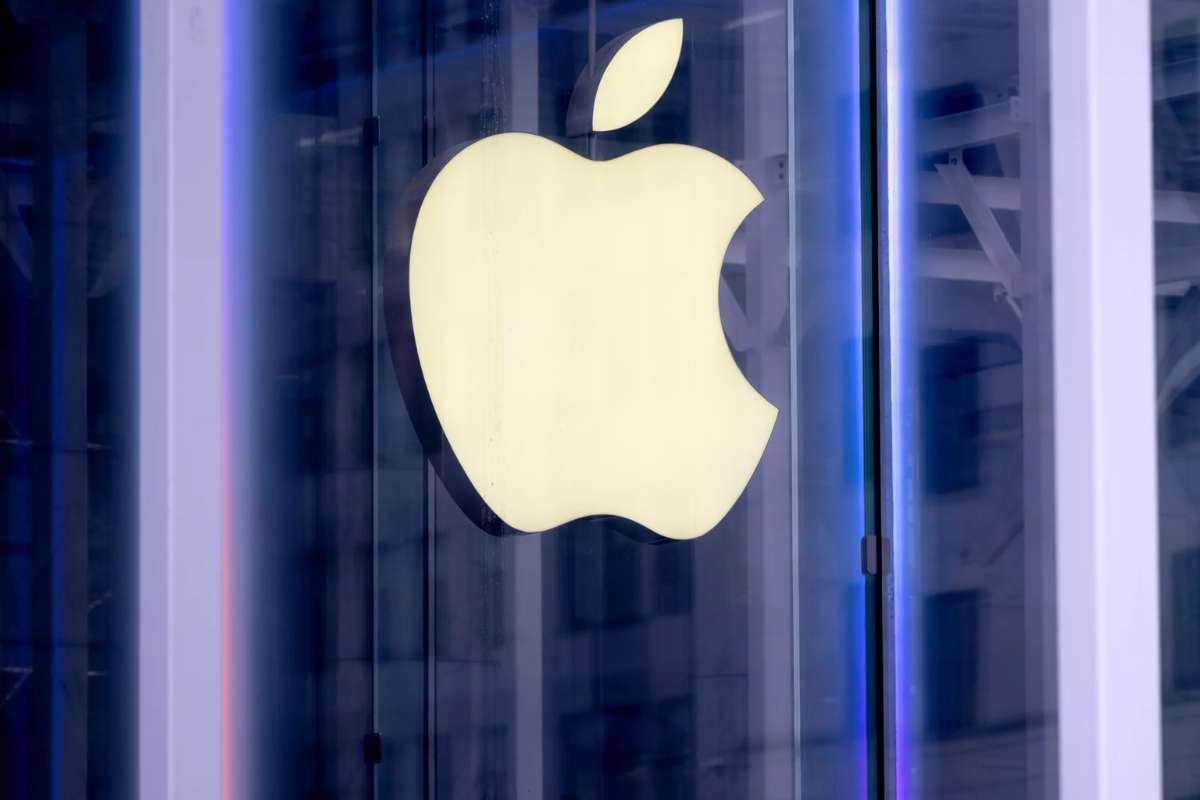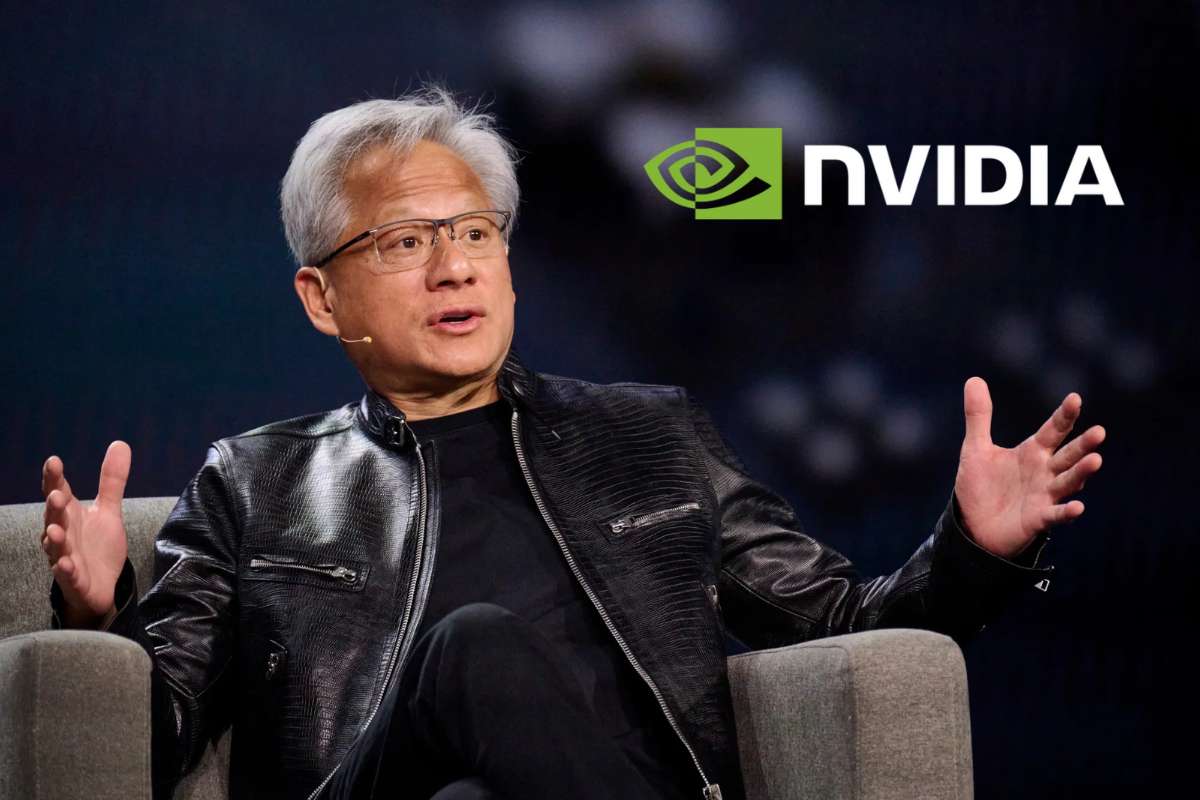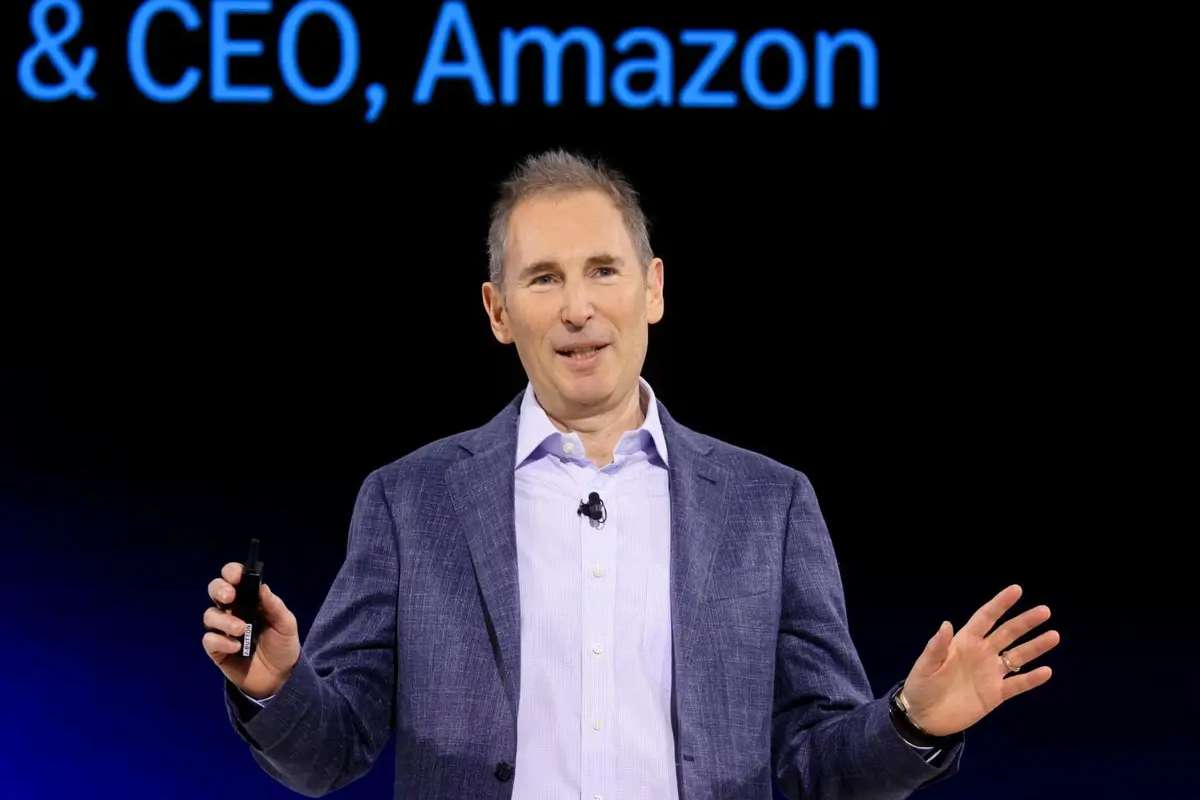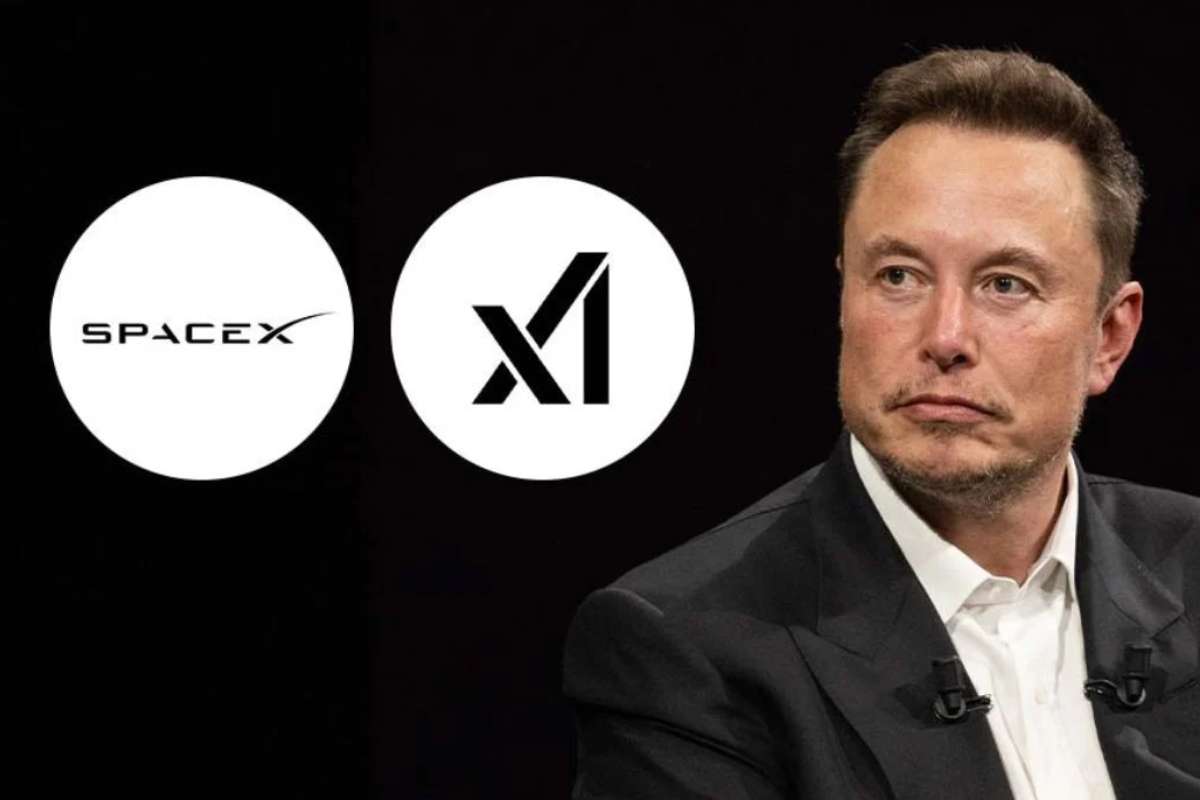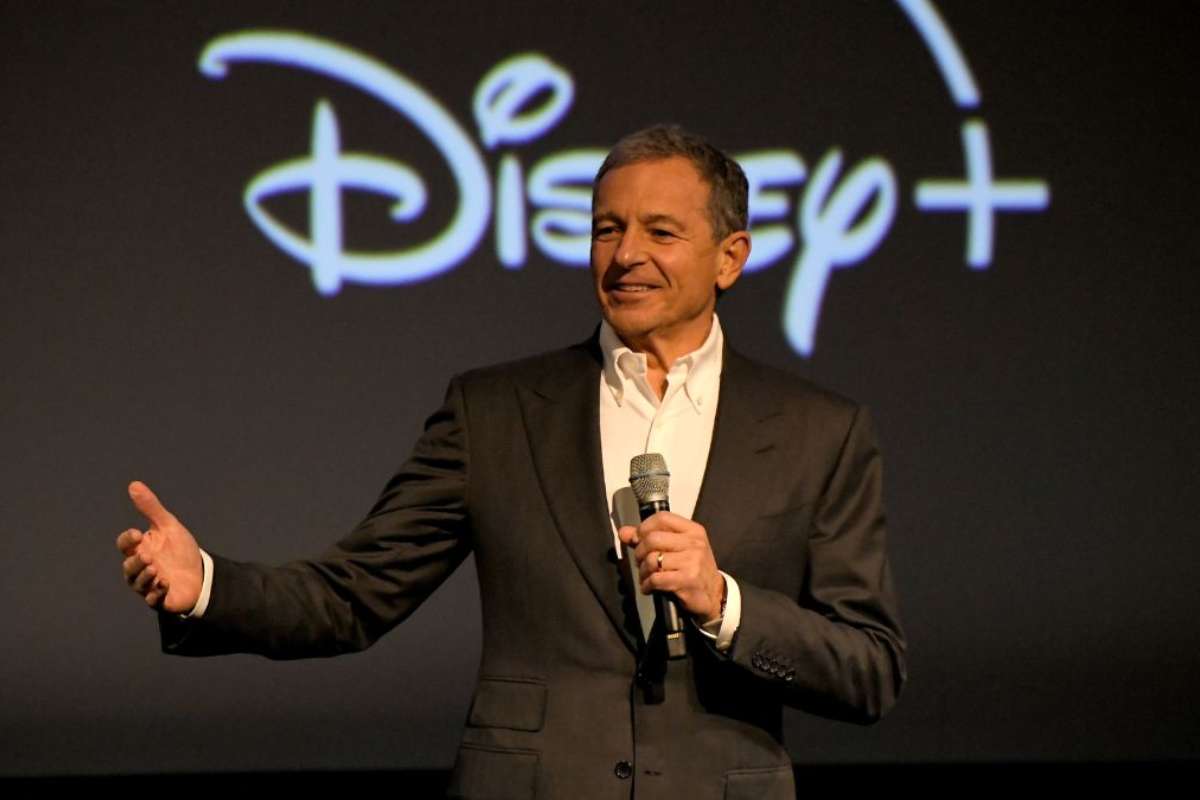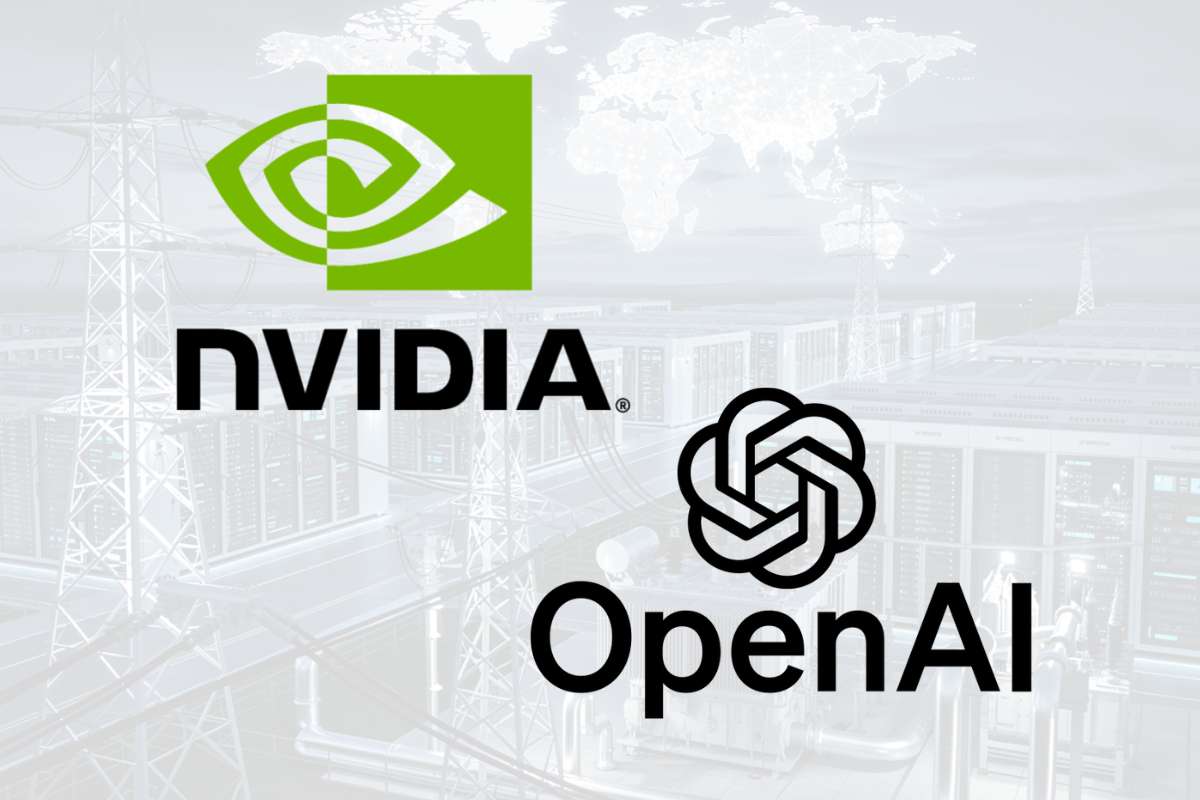Key Points:
- Apple is ramping up AI investments and plans to unveil new AI features soon.
- It has acquired 21 AI startups, outpacing Big Tech rivals in strategic tech integration.
- Despite global trade tensions, Apple has diversified its supply chain to maintain stability.
Apple CEO Tim Cook has confirmed the company’s strategic intent to significantly increase its investments in artificial intelligence (AI), marking a notable pivot as it accelerates efforts to compete with peers like Google, Microsoft, and Meta in the fast-moving AI landscape.
Speaking on Apple’s Q3 earnings call, Tim Cook emphasized that Apple has been quietly building its AI infrastructure for years, and it now plans to scale those efforts. “We’re investing significantly — and we’re going to continue to do that,” he said, while acknowledging that generative AI would play a central role in future Apple products. Although he remained tight-lipped on specific product plans, Cook hinted that Apple would reveal more AI features “later this year,” possibly aligning with the launch of iOS 19 or upcoming device announcements.
Importantly, Tim Cook also reiterated that AI at Apple would be handled with a “thoughtful” and “user-first” approach — placing privacy and on-device performance at the center. This reflects Apple’s long-standing philosophy of prioritizing user control and transparency, which could serve as a key differentiator in a crowded market dominated by cloud-based AI systems.
Apple Quietly Builds AI Arsenal Through Strategic Acquisitions
Beyond internal development, Apple has also taken a more aggressive stance on AI-centric acquisitions, acquiring 21 AI companies in the past five years, more than any of its Big Tech counterparts. These include smaller startups focused on machine learning, computer vision, and generative AI—technologies that may underpin Apple’s next wave of innovations across Siri, Vision Pro, and its App Store.
Tim Cook explained that Apple’s strategy isn’t to make splashy AI announcements, but to invest patiently and integrate technology into user-facing products with precision. “We’ve been investing in AI and machine learning for years,” Cook told CNBC, “It’s at the heart of so many of our products — from the camera features in iPhones to crash detection in Apple Watch.”
Analysts suggest this acquisition strategy could position Apple as a major player in AI-enabled consumer electronics, particularly if it leverages its hardware-software ecosystem to deliver tightly integrated, privacy-focused features.
Apple Maintains Global Edge Despite Trade Headwinds
Apple’s AI ambitions are unfolding against the backdrop of complex global trade dynamics, particularly the lingering effects of former President Donald Trump’s trade war with China. Despite initial concerns over tariffs, supply chain shifts, and rising production costs, Apple has demonstrated a remarkable ability to adapt and maintain its global supply chain efficiency.
According to a detailed report from Yahoo Finance, Apple has managed to diversify its manufacturing base, expanding production in India and Vietnam to reduce reliance on China. These moves have helped the company shield its operations from escalating U.S.–China tensions and continue meeting global demand.
Moreover, Apple’s diplomatic approach—balancing relationships across both Western and Asian markets—has allowed it to avoid major disruptions. This strategic agility has not only preserved Apple’s position as a global tech leader but also provided a solid foundation for its next era of AI innovation.
With its massive cash reserves, global reach, and growing AI talent pool, Apple appears poised to make a major leap in artificial intelligence—one that could reshape its product ecosystem and challenge the dominance of existing AI frontrunners.

